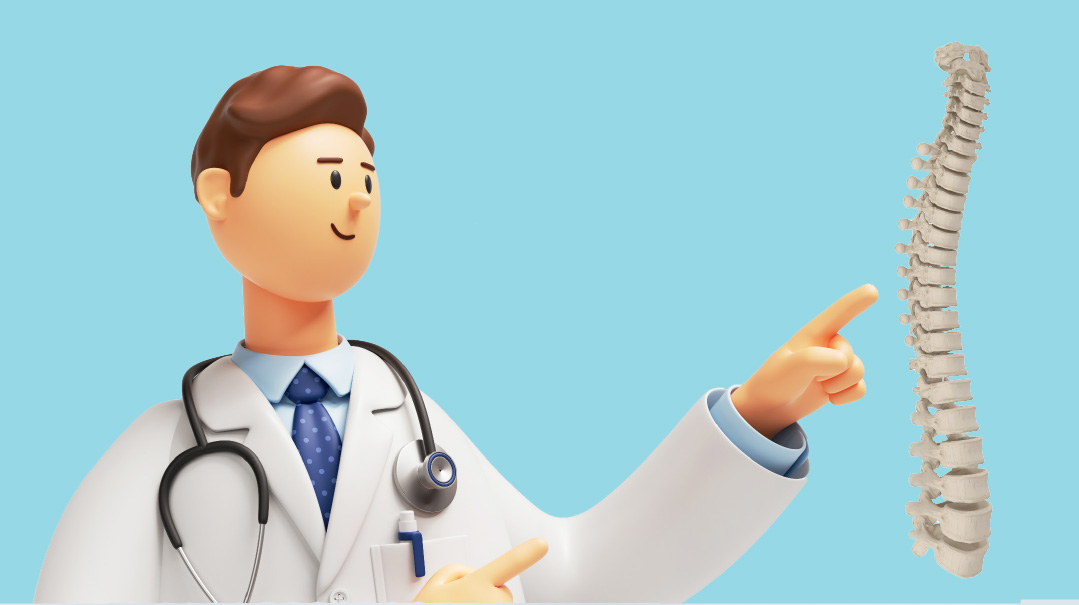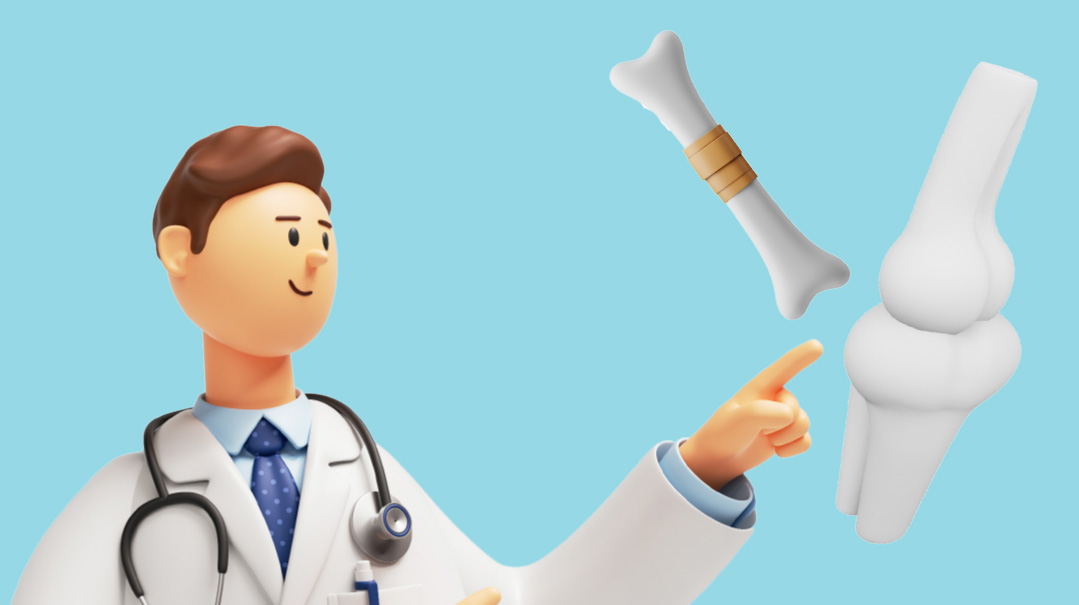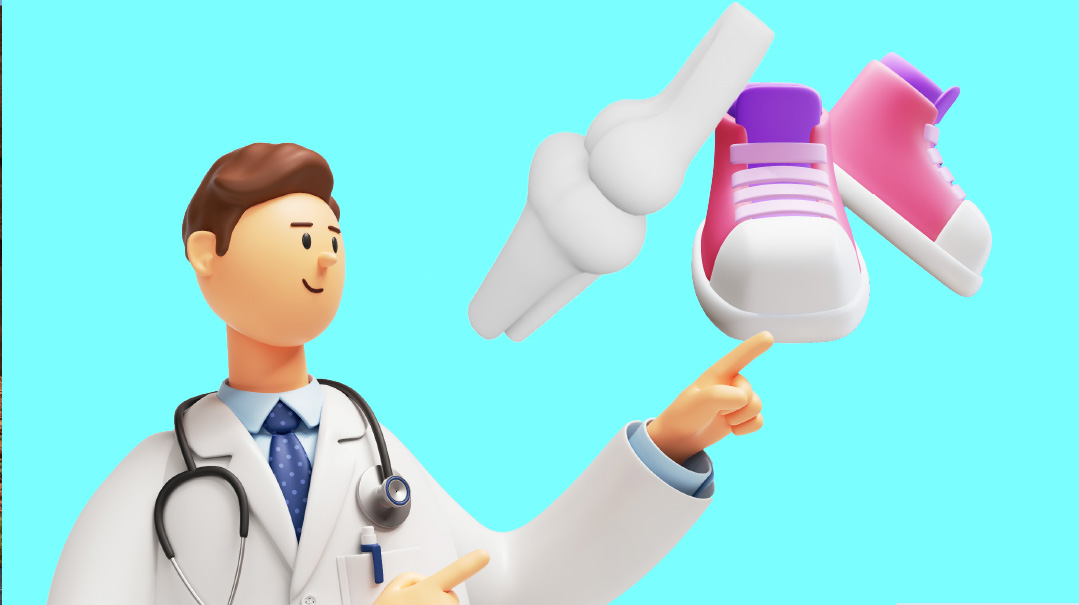Learning to Live With Paralysis

His body is paralyzed, but his strong will drives him

Meet the Hero!
My name is Chaim and I live in the United States. I attend a regular yeshivah where I’m very proud to be an honor student. I have a lively sense of humor, lots of friends, and I love to sing, especially zemiros on Shabbos.
My body is paralyzed from my chest down. When I was a baby, the doctors discovered a dangerous neuroblastoma tumor in my spine, and I needed emergency lifesaving surgery to remove it. The surgery was successful, but there was a secondary tumor that caused irreversible damage to my legs, leaving me unable to move them or walk, since I can’t feel them or put weight on them.
What was it like to be paralyzed as such a young child?
You may laugh, but I didn’t realize that I was different from my siblings. I played with my brothers and sisters like every child in a regular family. I got around the house by crawling on my stomach and using my elbows. I even figured out how to get up and down the stairs! When I was five, they strapped me into a wheelchair, and I used my hands to move the wheels. My mother says that people used to jump off the sidewalk when they saw me coming because I cruised so fast!
When I was seven, I learned how to walk up and down steps wearing braces and a walker for support. Once I fell and broke my leg, but after eight weeks in a body cast, I put the braces back on and kept trying until I was able to learn how to walk by myself. And eventually I did! In the beginning, a policeman had to hold up the traffic for me when I wanted to cross the street, because the light would turn green before I could make it across, but after much practice, I was able to cross in time.
How does being paralyzed affect your day-to-day life?
The main issue I have is getting around, but I work really hard to be independent and do pretty well. I have a state-of-the-art wheelchair, and many buildings and means of transportation are handicapped accessible. I might need help to reach things on high shelves, or pick up fallen objects, but if there’s no one available I can use my grabber tool, which is a long stick with jaws on one end that catches hold of things. I’ve learned in therapy how to dress myself and take care of personal needs like bathing. Many people don’t even realize that I am handicapped until they notice the wheelchair.
Is there anything good about living with paralysis?
My mother says I’m a prince and the wheelchair is my throne. She also says that being happy despite my paralysis is a kiddush Hashem.
I agree! Can you share any good kiddush Hashem stories?
When I was small, I loved to decorate my wheelchair with stickers. My friends and family used to compete to find the most interesting stickers for me to use. I decided to use my wheelchair as a billboard to spread messages and put stickers warning people against speaking lashon hara on it!
When I was eight years old, I offered to go shopping for my mother when she ran out of eggs. I could see she was worried, but she let me go. I hung the eggs in a bag on my handlebars and I was so proud that not one broke on the way home!
98 percent of public transit buses in the United States are equipped with ramps to make them wheelchair accessible. Half of the taxis in NYC are WAV (wheelchair-accessible vehicles).
Did you have a hard time going to a regular cheder?
At first, the principal didn’t want to accept me because he was afraid that the other children might knock over my wheelchair, but my mother fought for me like a lioness for her cub, and I was accepted. Nothing like that ever happened, and I always had many friends surrounding me, helping me whenever I needed. The cheder didn’t have an elevator, and my friends used to argue about who would get a turn to pull my wheelchair up the stairs to our class!
What is the hardest part for you about living with paralysis?
My parents taught me to always see difficulties as challenges to be overcome, and I try to I cope with each obstacle as it comes. I never compare myself to other kids and I’m naturally a happy, exuberant kind of person, so nothing gets me down for long.
The one thing I never got used to is being stared at. It used to make me angry, but now I choose to feel bad for a person who is so insensitive to openly stare.
What would you like other people to know about people who are paralyzed?
Please treat me like a regular boy because I am one! I would love to schmooze with you, but please don’t ask me rude questions that are none of your business. And yes, you can talk to me, not only the person pushing me. I’m not deaf just because I can’t move the same way you can.
What helps you cope with being paralyzed?
The support of my family and friends and my emunah in Hashem.
Do you have any tips for other children who suffer from the same problem?
- Be strong! You can do it! Don’t let anyone baby you — try to do as much as you can for yourself.
- Thank Hashem! Be grateful for the good things in your life.
- Be happy for others and share their joy, even if you can’t do the same things.
- Find ways to give to others. I tutor other boys, and I do bikur cholim visits at the hospital.
- At first, people see the wheelchair, but when they get to know you, they see you and forget about the wheelchair.
A study was published ranking countries based on their wheelchair accessibility. Canada was in first place, followed by the United Kingdom, the United States, Australia, and New Zealand.
The five American cities with the best wheelchair accessibility are: Seattle, Washington, then Portland, Oregon, followed by Reno, Nevada, Albuquerque, New Mexico, and Denver, Colorado.
(Originally featured in Mishpacha Jr., Issue 965)
Oops! We could not locate your form.













